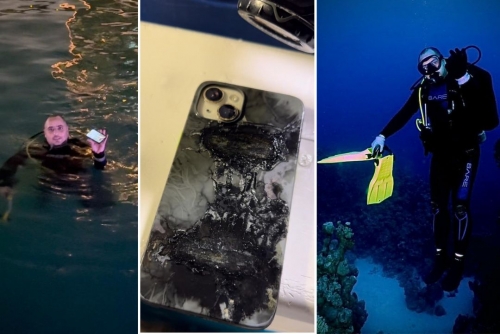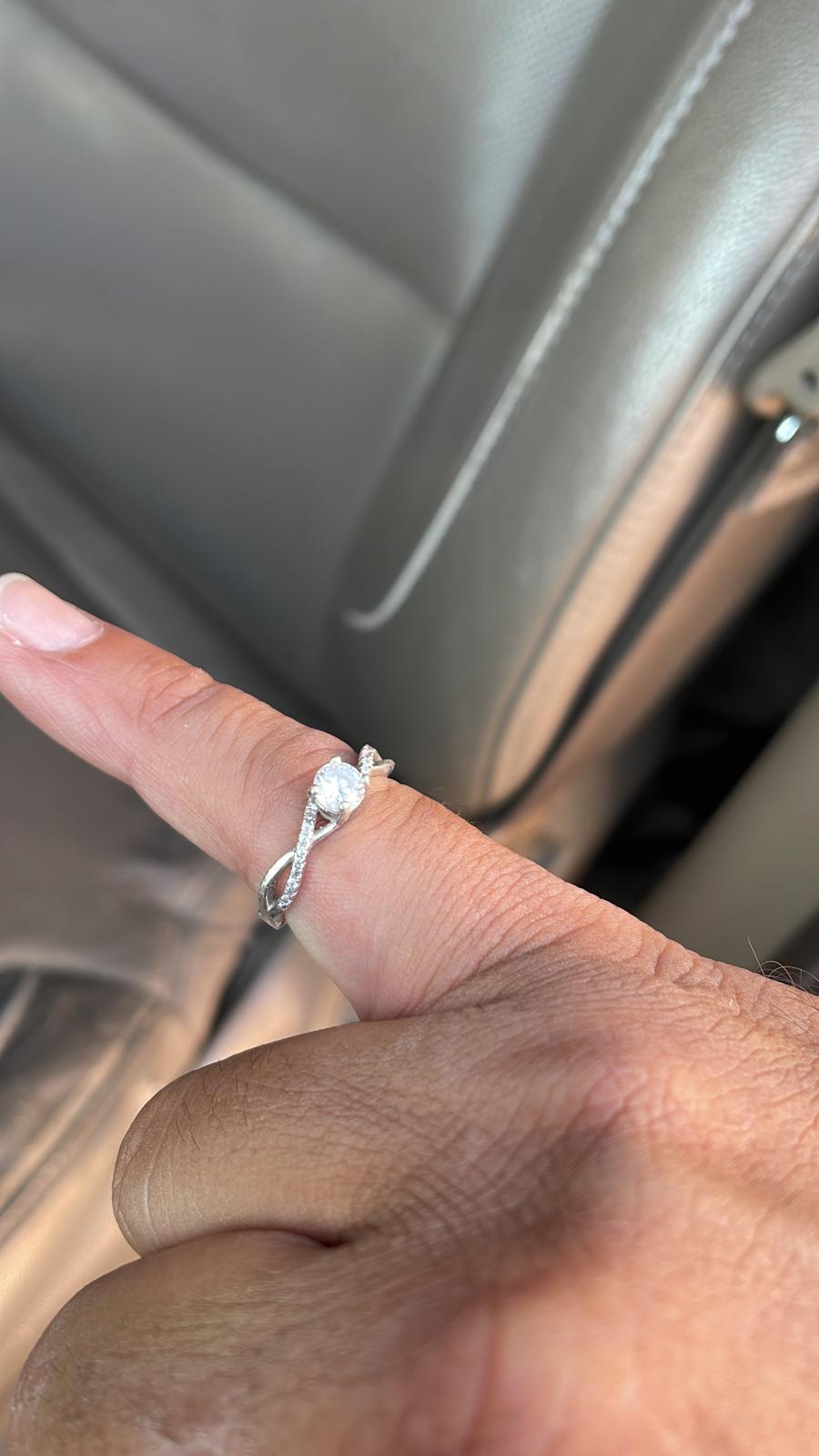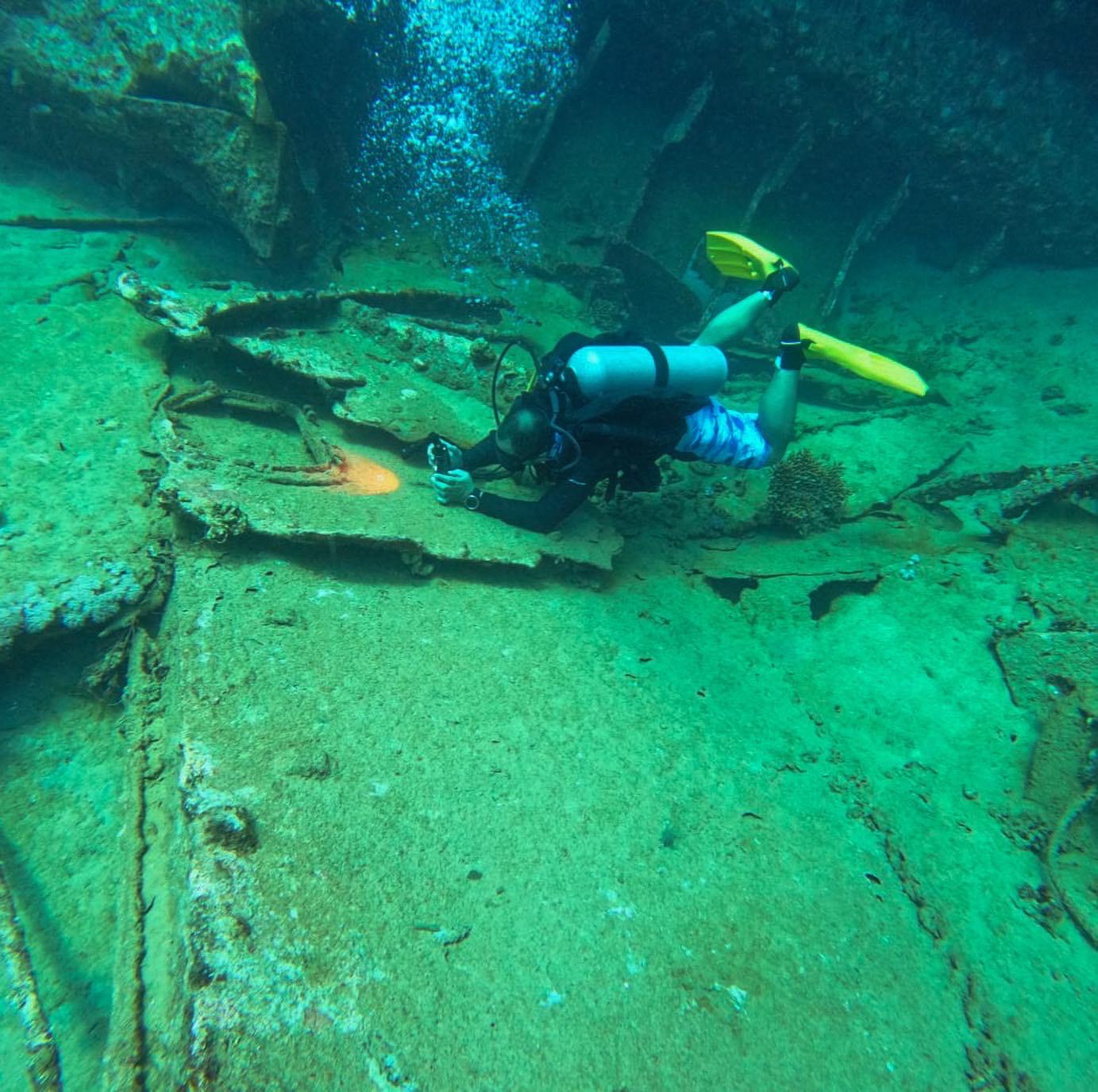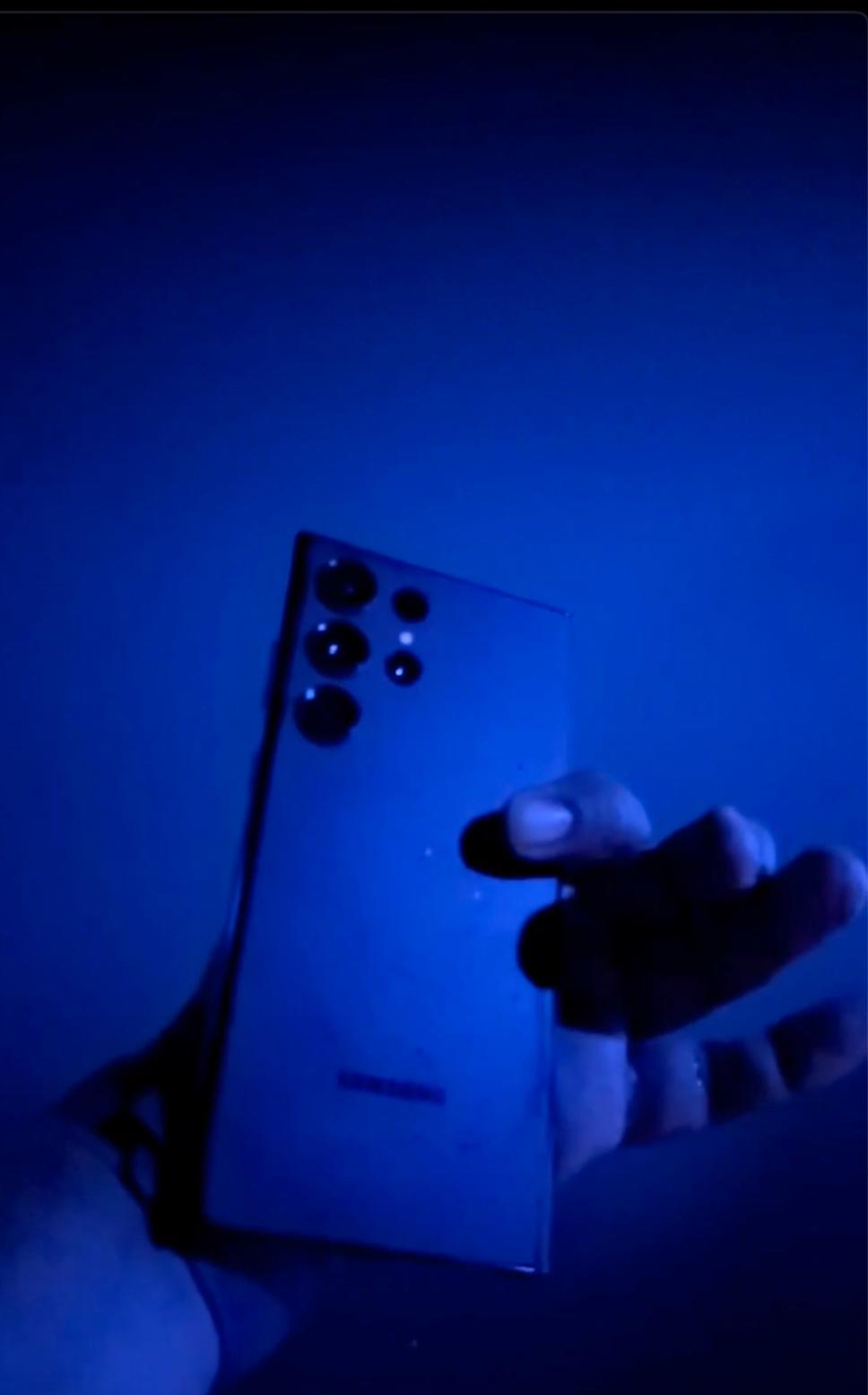Bahrain Bay’s Deep-Sea Detective: The Man Who Finds What’s Lost
TDT | Manama
Email: ashentharaka@newsofbahrain.com
News of Bahrain Exclusive
Abdulaziz Al Hamad, a 40-year-old PADI-certified scuba diving instructor and first aid trainer, undertakes an unusual but vital task — retrieving lost devices from the Bahrain Bay seabed.
His work combines a passion for diving, environmental stewardship, and helping others, creating a unique role that’s as rewarding as it is challenging.
For Al Hamad, the motivation to retrieve lost devices goes beyond the thrill of the dive.
“It’s about blending my love for diving with the joy of helping others,” he explains. “Restoring valuable items and cherished memories to their owners is incredibly fulfilling. At the same time, it’s an opportunity to keep the ocean clean and protect the marine environment.”
Patterns
Over time, Al Hamad has noticed clear patterns in how devices are lost in the Bahrain Bay area.
“Most occur during recreational activities like kayaking, jet skiing, or boating, where sudden movements or accidents cause items to fall into the water,” he says.
Even simple actions like taking photos near the water’s edge or balancing devices on unstable surfaces can lead to unintended losses.
This insight has led him to advocate for better precautions, such as using waterproof cases or securing devices with lanyards.
Equipped with specialized scuba gear, Al Hamad’s retrieval operations are a blend of skill and technology.
His kit includes a dive computer for precise depth tracking, underwater torches for visibility, and waterproof metal detectors for locating metallic devices.
A compass guides his navigation, while mesh bags ensure items are safely recovered without harming the marine environment.
His training as a PADI instructor is invaluable. “Navigation, buoyancy control, and search techniques are essential,” he says. “I follow methodical search patterns and stay calm under pressure, which is crucial in challenging conditions.”
Carelessness
While there’s growing awareness of the risks of losing electronic devices in water, Al Hamad observes that carelessness still persists.
“Excitement during activities like kayaking or jet skiing often overrides caution,” he notes.
Education and awareness are improving, but there’s still room to encourage better habits to prevent such losses.
The process of finding and retrieving devices is far from straightforward.
It begins with gathering details about where and how an item was lost, followed by a systematic underwater search using grid or circular patterns.
However, environmental factors such as strong currents, poor visibility, and the presence of boats can make the task daunting.
“Timing is critical,” Al Hamad emphasizes. “Devices have limited durability underwater, and delays can lead to further damage. Quick thinking and adaptability are essential.”
Memorable retrievals
Among his many rescues, Al Hamad recalls two particularly memorable cases.
One involved recovering a diamond wedding ring worth $3,000 from murky waters, bringing immense relief to the devastated owner.
In another instance, he retrieved a wallet and phone belonging to a Malaysian traveler on a tight transit schedule.
The wallet contained crucial documents and credit cards, making its recovery urgent.
“The gratitude and relief on their faces made it all worthwhile,” he reflects.
Devices
By the end of 2024, Al Hamad estimates he has successfully recovered around 40 to 50 devices.
Each retrieval represents not only a technical achievement but also a testament to his dedication to helping others and protecting the marine environment.
For Al Hamad, diving is more than a profession — it’s a mission to make a difference, one lost device at a time.
Related Posts




